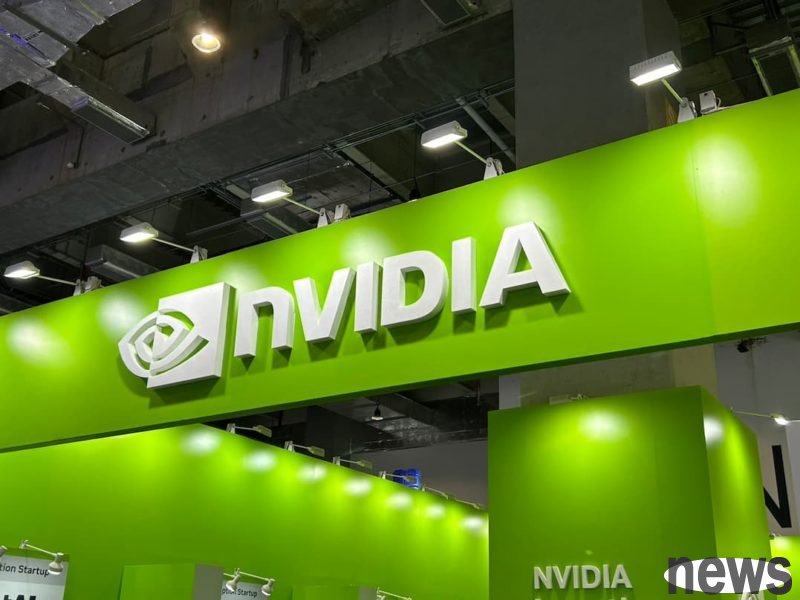
Combined with foreign media SemiAccurate and Tom’s Hardware, workstations that are equipped with the NVIDIA GB10 Superchip processor are about to be discovered, but the consumer PC processor will be postponed to launch in late 2026. It is reported that it was mainly due to the delay caused by "key hardware defects", but this news has not been officially certified.
Previously, NVIDIA intends to enter the market to support the consumer PC processor market for Windows, and launches new products in 2025. NVIDIA announced a GB10 system single chip (SoC) jointly designed with CTAD at this year's GTC Conference to create a small AI workstation without mentioning any products that target the consumer market. At the same time, at this year's COMPUTEX exhibition, NVIDIA and CTU did not discuss processors with the names N1 and N1X, showing that these products are still some time away from the official launch.
Reported that the initial reason was that a hardware defect needed to be repaired first, and NVIDIA successfully solved the problem through microcode or firmware updates, without redesigning the chips, and the process has the opportunity to advance to early 2026.
But later encountered another technical problem, which combined with multiple sources of theory. NVIDIA has "key hardware defects" and N1X that have not yet been disclosed. This time, the chip needs to be redesigned to correct it.
Generally speaking, it usually takes 3 to 6 months to remake a 4-nanometer-process chip, and the specific time depends on the modification scope and problem location. It only takes weeks or months to redesign logic or re-plan on a lower metal level.
Especially for advanced processes like 4 nanometers, the mask preparation and line schedule are quite complex. Even if the crystal circle is completed smoothly, complete functions and performance verification are required. These processes will increase the product's launch process. In fact, even a "fast" reproduction process may lead to a delay in product planning for several months. Regardless, NVIDIA has not yet proved this matter, and it is recommended to take this news carefully.
Nvidia’s new consumer desktop PC chip reportedly delayed well into 2026 Extended reading: LG promotes Korea's first hybrid AI model Exaone 4.0, which has passed six tests including the doctor's national exam Trump releases AI chip export ban, AMD restarts China sales MI308